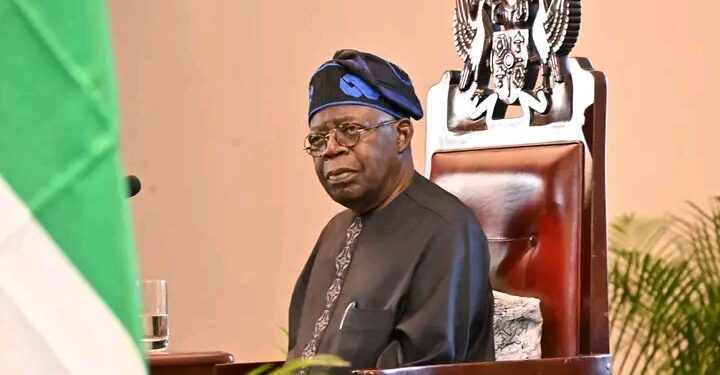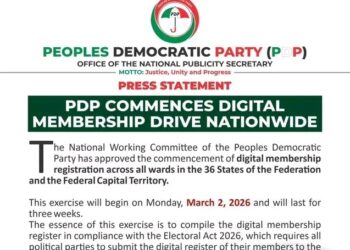Nigerians earning the national minimum wage or less will pay no income tax from January 2026, under the new provisions of the Nigeria Tax Act 2025.
The reform, which takes effect next year, is structured to relieve low-income earners of tax obligations while ensuring that only high-income individuals bear more responsibility in the system.
The explanation was contained in a detailed analysis written by Michael Chibuzor and shared on social media by Bayo Onanuga, Special Adviser to the President on Information and Strategy.
The piece seeks to clarify widespread misconceptions about President Bola Tinubu’s income tax reform and its implications for workers and small businesses.
According to Chibuzor, under the new tax regime, “individuals earning N800,000 and below per annum are exempted from paying income tax.” This effectively places minimum wage earners outside the tax net. He further explained that the taxable income of a worker is calculated only after deductions such as pension, National Housing Fund (NHF), National Health Insurance Scheme (NHIS), rent allowance, and life insurance premiums.
Using a practical example, Chibuzor showed that a worker earning N70,000 monthly (N840,000 yearly) who pays N200,000 annual rent and contributes to NHIS, NHF, and pension schemes will still fall within the exemption threshold. “By the time you make these allowable deductions,” he wrote, “the individual’s taxable income becomes N710,800, which means no income tax will be paid.”
He also clarified that the new law operates a progressive tax system, where those with higher earnings contribute a fairer share compared to those at the bottom. A minimum wage earner, therefore, remains exempt, while individuals with substantially higher annual income may pay slightly more than before.
On fears that government might begin to deduct taxes directly from bank accounts, Chibuzor said such claims are false. “Taxes would not be automatically deducted from bank accounts,” he stated, noting that Section 29 of the Nigeria Tax Administration Act only mandates banks to provide tax authorities with information about accounts with unusually large monthly transactions – N25 million and above for individuals and N100 million for companies.
He stressed that the provision targets potential tax evaders, not ordinary Nigerians.
“Only about five percent of the population have bank accounts with more than half a million naira,” he wrote, “which means more than 90 percent of Nigerians are unaffected by this requirement.”
Chibuzor further dismissed claims that the reforms are designed to increase government revenue. He explained that personal income tax largely benefits state governments, not the federal government. “The reforms are not meant to tax Nigerians heavily but to relieve the poor,” he stated, pointing out that members of the armed forces are even exempted from income tax under the new law.
On concerns that the new tax laws may hinder productivity, he wrote that the laws are structured to promote growth, not stifle it. Small businesses with annual turnover of N100 million or less and total fixed assets not exceeding N250 million are exempt from company income tax. “A tax law that exempts over 90 percent of businesses in Nigeria from paying profit tax cannot be stifling productivity,” he maintained.
In conclusion, Chibuzor described the new tax regime as pro-people and business-friendly, saying it would expand economic opportunities and encourage compliance among higher earners. He urged state governments to educate residents about the new laws to prevent further misinformation.
“Tax is an obligation citizens owe their country,” he wrote. “As more high-income individuals and companies are brought into the tax net, they will have greater motivation to demand accountability from leaders who manage public funds.”






I want to be current on any news updates
Thank you